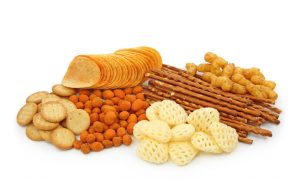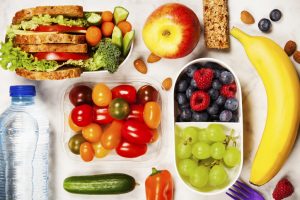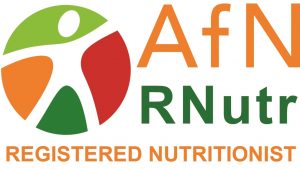Travelling for work often requires picking up drinks and snacks along the way. When selecting a snack, our hope is that the ‘healthy choice should be the easy choice’. But when our working life involves frequent travel, convenience is paramount and the long shelf life, pre-packaged, easy to carry processed snack is often the most prevalent.
Do Processed Snacks Affect Our Health?
And does it matter if we have a convenience food habit? Current research suggests that probably they do and therefore it does matter.
Two recent European studies published in the British Medical Journal have examined the relationship between our consumption of unhealthy food and our risk of cardiovascular disease and premature death. It’s no surprise to learn that eating whole grain foods with lots of fresh fruit and vegetables is associated with better health, but the extent to which eating ‘junky’ food is bad for our health was quite shocking.

A study from France found those who ate 10% more ultra-processed food had a 12% increased risk of getting cardiovascular disease. A similar study from Spain found that those who ate over four portions a day of ultra-processed food had a 62% increased risk of premature death from any cause.
This doesn’t mean that fast food is toxic, we can’t rule out that the cause could be something to do with the lifestyle of people who rely heavily on these foods, maybe they work in more stressful or dangerous jobs, maybe they’re more likely to live in places with terrible air pollution – but we can use this information as a nudge to make the right food choices in our lives, including when we travel.
What Are Ultra Processed Foods?
- Packets of sweet or savoury snacks, like crisps, puffed savoury shapes, toffee popcorn
- Biscuits, sweets, pastries and ice-creams
- Sugary and carbonated drinks, including sweet fruit or milk type drinks
- Instant/reconstituted hot food like soups and noodles
When we’re on the go, these snacks and drinks are everywhere, petrol stations, train stations, airport lounges, and hotel minibars.
Planning Ahead Is Key
 If we let ourselves get too hungry, it’s harder to make a good choice and allow the time to source the better food.
If we let ourselves get too hungry, it’s harder to make a good choice and allow the time to source the better food.
Sandwich bars often sell decent healthy sandwiches and salads and whole fruit or fruit salad.
Alternatively, some airport bookshops and chemists may offer a couple of healthier snack items, such as yoghurt, sushi, eggs & spinach, hummus & carrot sticks, salads, a carton of skimmed milk or a packet of nuts or dried fruit.
Emergency Rations
If we travel often, keeping a supply of raw nuts and dried fruits in our bag and always water, will buy us time to stave off hunger until we get to a source of nice food.
Know A Treat From A Snack
Small meals and snacks are eaten frequently, so these foods need to be nutritious. Treats are low in nutrients and often high in salt, sugar and fat. This research adds to the argument that we need to keep treat foods for very special occasions.
© Executive Travel Vitality 2019




























